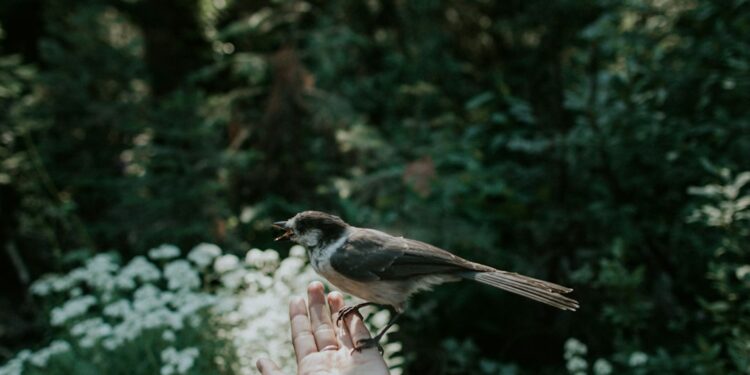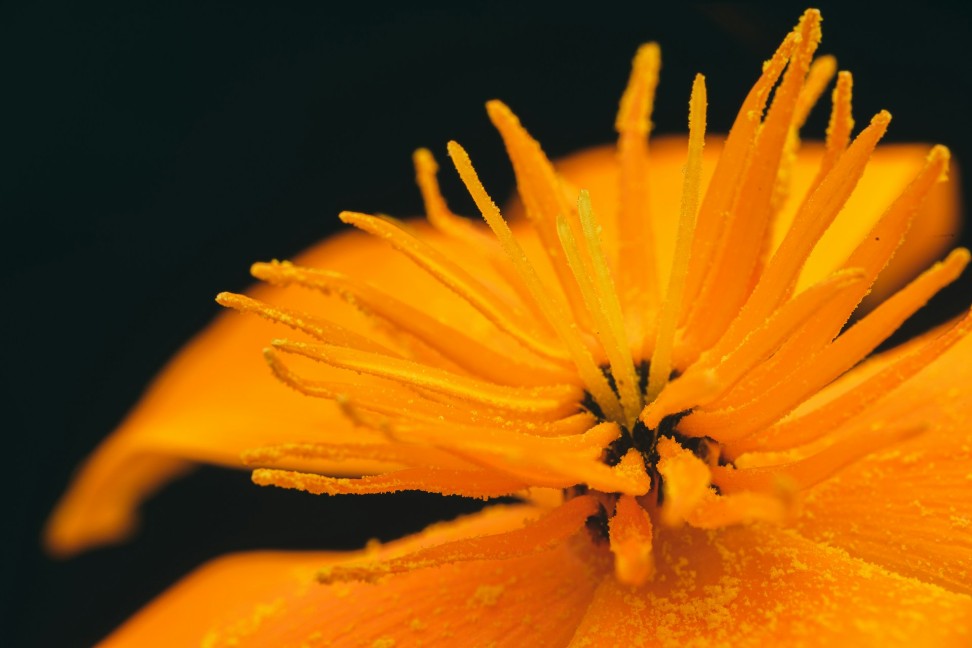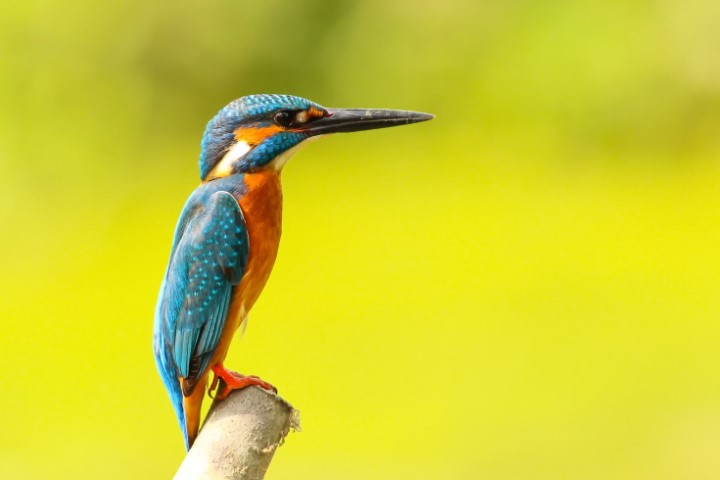Animal conservation is a topic that has gained increasing attention in recent years, as awareness grows about the threats facing wildlife around the world. The rapid rate of habitat loss, climate change, poaching, and other human activities are pushing many species towards the brink of extinction. In response to this urgent crisis, conservationists and scientists are working tirelessly to protect and preserve the diverse array of animals that share our planet.
So why is animal conservation so important? The answer lies in the interconnectedness of all species and ecosystems. Biodiversity is essential for maintaining the health and balance of the natural world. Every species, no matter how big or small, plays a unique role in the web of life. When one species disappears, it can have far-reaching consequences for other species and the environment as a whole.
For example, predators help regulate populations of prey species, preventing them from overgrazing and damaging their habitats. Pollinators like bees and butterflies play a crucial role in the reproduction of plants, including many of the foods we rely on for sustenance. By protecting and conserving these species, we are not only preserving their intrinsic value but also ensuring the health and stability of ecosystems on which humans ultimately depend.
In addition to ecological reasons, animal conservation is also important for ethical and moral reasons. As stewards of the planet, humans have a responsibility to care for and protect the other living beings with which we share our world. Many animals are sentient beings, capable of feeling pain, fear, and joy. It is our duty to treat them with compassion and respect, rather than exploiting them for our own gain.
Furthermore, many cultures and indigenous communities have long-standing relationships with animals and rely on them for their livelihoods and cultural traditions. By conserving animal species, we are also honoring and preserving the diverse cultural heritage that is tied to them.
Another crucial reason for animal conservation is the potential for medical and scientific advancements that can come from studying and preserving wildlife. Many animal species have unique characteristics and genetic adaptations that can provide valuable insights for human health and medicine. For example, the study of venomous animals has led to the development of life-saving medications and treatments. By conserving these species, we are also safeguarding potential breakthroughs in science and technology.
Furthermore, animals have intrinsic value and deserve to exist for their own sake. Each species has evolved over millions of years, adapting to its specific environment and niche. When we drive species to extinction through our actions, we are robbing future generations of the beauty and wonder of the natural world. Every species has the right to exist and thrive, regardless of its perceived usefulness to humans.
Ultimately, animal conservation is not just about saving individual species, but about preserving the delicate balance of life on Earth. It is about recognizing our interconnectedness with all living beings and taking responsibility for our impact on the planet. By working together to protect and conserve animals, we are not only securing a better future for wildlife but also for ourselves and future generations.
There are many ways that individuals can get involved in animal conservation efforts. One simple yet impactful step is to educate yourself and others about the importance of wildlife conservation. By raising awareness and advocating for policy changes that protect animals and their habitats, we can make a difference at a global level.
Supporting organizations and initiatives that are dedicated to animal conservation is another powerful way to contribute. Whether through donations, volunteering, or participating in citizen science projects, there are many opportunities to get involved and make a positive impact on the future of wildlife.
At a personal level, we can also make everyday choices that promote conservation and sustainability. This can include reducing our carbon footprint, supporting sustainable and ethical products, and advocating for wildlife-friendly practices in our communities.
In conclusion, exploring the world of animal conservation reveals the interconnectedness of all species and the importance of protecting and preserving the diversity of life on Earth. By recognizing the intrinsic value of animals and their vital role in ecosystems, we can work together to secure a better future for wildlife and for ourselves. Animal conservation is not just a moral imperative, but a necessity for the health and well-being of the planet as a whole. It is up to all of us to take action and ensure a future where animals can thrive and flourish alongside humans in harmony and balance.















